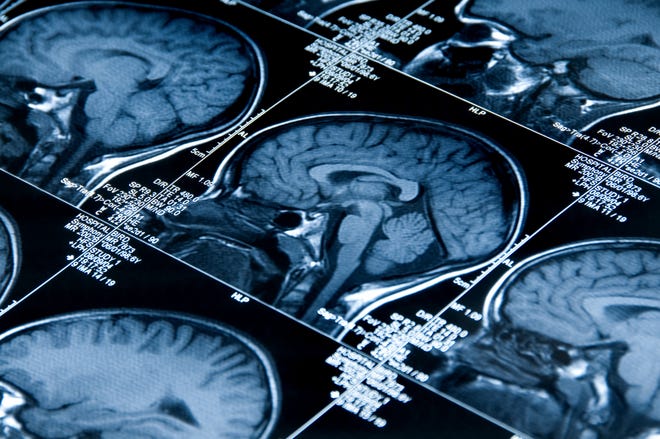Children with ADHD have markedly different resting brain functions than children without the neurological disorder, according to a national study released this week.
Scanning thousands of children with and without attention-deficit/hyperactivity disorder reveals important differences: National Institutes of Health Study in American Journal of Psychiatry They found that young people with ADHD have more wiring, or networks of nerve cells, in their brains that make it harder for their brains to send clear signals for tasks like following instructions or sitting still.
The findings build on evidence that helps experts explain how children’s brain circuits correlate with ADHD symptoms seen by teachers and parents. Essentially, researchers found that children with ADHD may be overwired, making it difficult for their brains to send certain signals.
